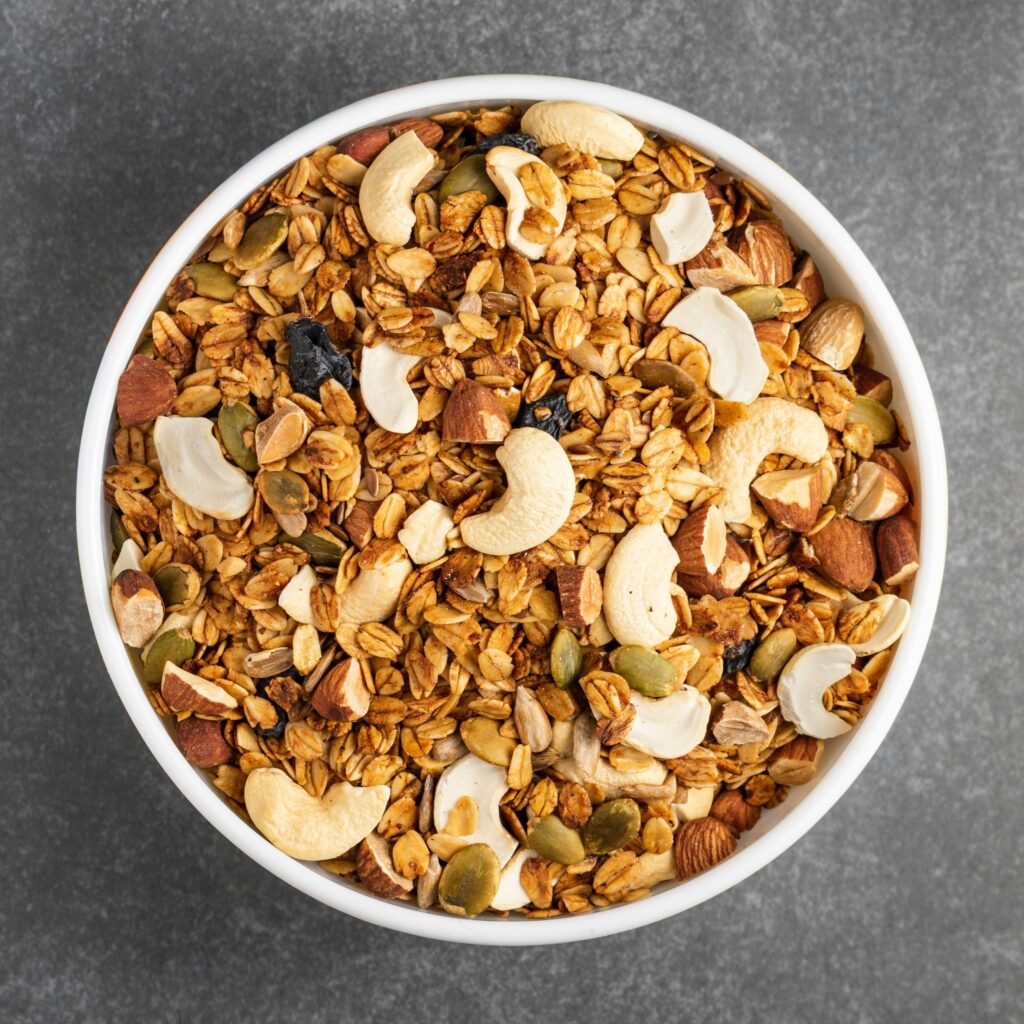In the world of fitness and diet, few topics spark as much debate as carbohydrates. Are they your best friend or worst enemy when it comes to achieving optimal health and fitness goals? Let’s delve into the myths and facts surrounding carbs to uncover the truth.
Introduction to Carbs
Carbohydrates, commonly referred to as carbs, are one of the three macronutrients essential for the human body, alongside proteins and fats. They serve as the primary source of energy, fueling our daily activities and bodily functions. From grains and fruits to vegetables and dairy products, carbs come in various forms and play a crucial role in our diet.

The Good vs. Bad Carbs Debate
Understanding the Difference
Good Carbs: These are complex carbohydrates found in whole grains, fruits, and vegetables. They provide sustained energy, fiber, vitamins, and minerals, promoting overall health and well-being.
Bad Carbs: On the other hand, bad carbs, also known as simple carbohydrates, are often found in processed foods, sugary snacks, and refined grains. They offer little to no nutritional value and can lead to spikes in blood sugar levels, contributing to weight gain and health issues.
The Role of Carbs in Nutrition
Fueling Your Body
Carbs act as the primary source of energy for your body, especially during high-intensity activities like exercise. They are broken down into glucose, which is then used by your muscles and organs to function optimally.
Supporting Brain Function
Your brain relies heavily on glucose for fuel. Consuming an adequate amount of carbs ensures proper cognitive function, concentration, and mood stability.
Carbs and Weight Management
Finding the Balance
Contrary to popular belief, carbs are not inherently evil when it comes to weight management. The key lies in choosing the right types of carbs and moderating portion sizes. Whole grains, fruits, and vegetables can actually aid in weight loss due to their high fiber content, which promotes satiety and regulates appetite.
Timing Matters
It’s essential to consider when you consume carbs. Aim to consume complex carbs earlier in the day when your body needs the most energy. This can help prevent excess glucose from being stored as fat.

Busting Common Myths
Myth: Carbs Make You Fat
Fact: Excess calories from any macronutrient, whether it’s carbs, protein, or fat, can contribute to weight gain. It’s the overall balance of calories consumed versus calories burned that determines weight management.
Myth: Low-Carb Diets Are Always Best for Weight Loss
Fact: While low-carb diets can lead to initial weight loss due to water weight reduction, they are not sustainable or suitable for everyone. Carbohydrates are essential for energy, muscle function, and overall health.
Conclusion
Carbs are not the enemy; it’s the type and amount that matter. By choosing nutrient-dense carbs and moderating portion sizes, you can enjoy the benefits they offer without compromising your health and fitness goals.





Leave a Reply